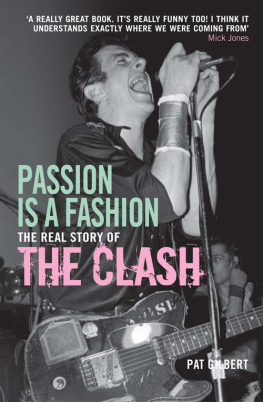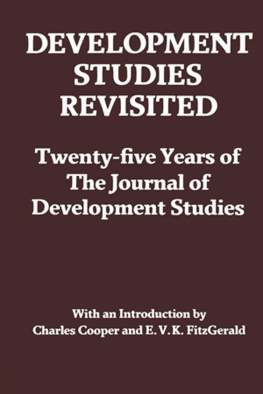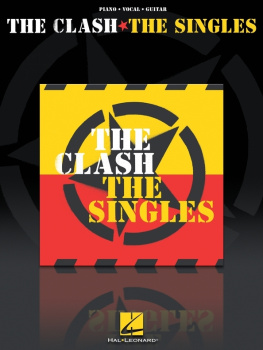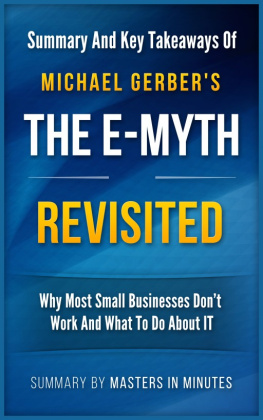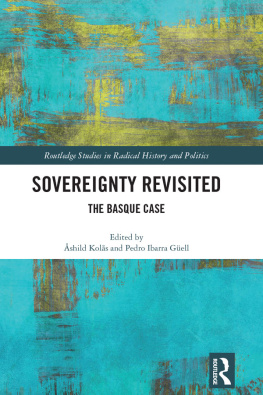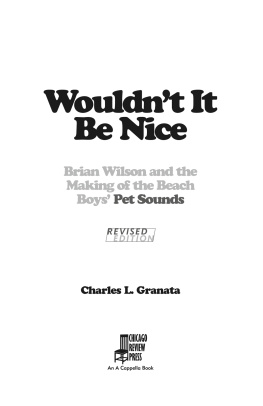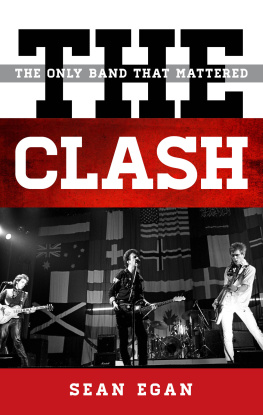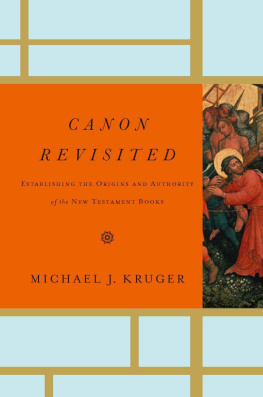Table of Contents
MARCUS GRAY is the author of Last Gang in Town (1997), the first in-depth critical biography of the Clash, and It Crawled From the South: an R.E.M. Companion (1993). He lives in Belfast, Northern Ireland.
Route 19 Revisited
Introduction
Anyone interested enough to be reading this should need no persuading that the Clashs London Calling is an all-time classic. Whether youre a diehard Clash fan, an enthusiastic student or collector (or down-loader) of all thats good in rocks back catalogue, someone who happens to have become attached to the album through accident of exposure or association of experience, or youre just plain curious about all the fuss... youve probably noticed that London Calling has appeared near the top of numerous Greatest Albums Of All Time polls, that several of its songs are firmly lodged in the public consciousness, and that even the front cover has acquired iconic status. (Iconic is a word that Pennie Smith, who took the photograph in question, hates. Although much overused and abused, if its not appropriate here, then its not appropriate anywhere outside the Eastern Orthodox Church.)
You might not need convincing of its legendary status, but youre presumably interested in how the album came to be. This book considers the Clashs collective and individual circumstances when the album was made. Also, what was going on in the wider world, and what the implications were for the Clash and their fellow earthlings. It discusses which band member wrote which parts of which song, and when, and where (if at all known); what that particular lyric - and even that ad-lib - means (or, in the absence of documentary or anecdotal evidence, is most likely to mean); who played which instruments, and how that downright peculiar sound was created; to whom those album credits refer; where those clothes came from; when and how that photograph was taken, why it was selected, and how that design was conceived; who, and what, inspired almost all of the above; and who, and what, the above in turn inspired.
Its a book about the Clashs London Calling ... so why call it Route 19 Revisited ?
At the beginning of the album track Rudie Cant Fail, Joe Strummer exhorts Mick Jones to Sing, Michael, sing... on the route of the 19 bus! This is no random ad-lib: most of London Calling s songs were indeed conceived, polished and recorded at points along the citys Number 19 bus route, south-west to north-east. Some of the lyrics and a couple of the basic tunes were written at the flat where Joe was staying in Whistler Walk, at the Worlds End in Chelsea. Riffs, tunes and arrangements were worked up and demoed by the band at Vanilla Rehearsal Studios in Pimlico, just down the road from Victoria Station. The songs were completed and recorded for the album at Wessex Studios in Highbury. Thats the most straightforward and literal justification for the title.
There are 19 songs on the album: 19 tracks, 19 ways... Thats the whimsical one.
Even in the early part of the twentieth century, American blues, folk and country made frequent reference to the train. There are countless lyrics where the train is the vehicle for reunion with or abandonment by a loved one, or a symbol of freedom or the lack of it. From Robert Johnsons Love in Vain (1937), as later covered by the Rolling Stones for Let It Bleed (1969), to the Depression-era railroad hobo fantasy Big Rock Candy Mountain, as revitalized many years later in the film O Brother, Where Art Thou? (2000). You could hear a train whistle in the slide guitar or harmonica, but the dominant influence on the music was rhythmic. Huddie Lead Belly Ledbetters The Rock Island Line - as performed by everyone from Americas conscience, Woody Guthrie, to the leading light of the British skiffle boom, Lonnie Donegan - celebrates the train to a primitive backing that sounds like a runaway locomotive. In Folsom Prison Blues (1955), Johnny Cash hears a passing trains lonesome whistle blow while the Tennessee Two echo the clattering rhythm of the wheels down the track... a noise so irresistible that boom-chick-a-boom became Cashs trademark sound for many years. Bo Diddleys recreation of the chugging train rhythm was sometimes so relentless that he didnt even let chord changes get in its way. In Chuck Berrys Johnny B. Goode (1958), Johnny sits out by the railroad tracks and learns to play his guitar along to the rhythm that the engines make. Urbanization, electrification and amplification helped midwife the birth of the music that came to be known as rocknroll, the very name of which suggested the cross-rhythms created as the caboose rattles over the points.
Some insist the expression rocknroll has its origin in sexual slang - like jazz and funk - and theres no doubt the double entendre was intentional. But even that incorrigibly mischievous purveyor of innuendo Little Richard asserts that Lucille (1957) sounds like it does because he grew up in a house next to the tracks. On the wrong side of the tracks, of course; a phrase which also says much about rocknrolls origins and initial audience in the poor, working-class, underprivileged parts of town - both black and white - and its appeal to those in two minds about whether they were privileged to live outside those communities: forbidden thrills, the frisson of danger. Though the music was moving into the future, the lyrics of some early rocknroll songs still drew directly upon blues, folk and country source material. Elvis Presleys Mystery Train (1955) is attributed to Sam Phillips, his producer at Sun Records in Memphis, and Junior Parker, the artist who first recorded it for that label, but its minimalist lyric about yet another love lost to the Iron Horse simply lifts and repeats a couple of lines from the folk standard Worried Man Blues. In 1975 Greil Marcus used Mystery Train as the title for his seminal book of rocknroll criticism. And in 1989 Jim Jarmusch used it again for his equally impressive film, set in Elviss home town of Memphis, and starring a certain Joe Strummer as an expatriate English rocker called Johnny - Joes real name - but known as Elvis after the subject of his rocknrolling affections.
As is now so well established its almost embarrassing to repeat, the birth of rocknroll followed hard upon the birth of the modern teenager. Thats the teenager as state of mind, as personified by fast-driving rebel-without-a-future James Dean. And also the teenager as a significant new player in the marketplace, the young American with enough disposable income to spend not only on records but also on that ultimate status symbol and private luxury transport system, the flash, big-f inned Fifties automobile. Pre-fame Elvis earned his living driving trucks; post-fame Elvis spent his money on gold Cadillacs. Arguably the first rocknroll record - also recorded for Sun - was a 1951 song called Rocket 88, a celebration of the Oldsmobile 88 credited to Jackie Brenston and his Delta Cats, but written by Ike Turner, who allegedly based it on Jimmy Ligginss even earlier Cadillac Boogie. Like many other bluesmen-gone-electric before them, the Delta Cats drove north from the Mississippi Delta to Memphis for the recording session, taking Highway 61, the USAs main north-south route. Another early classic R&B-cum-rocknroll song, (Get Your Kicks On) Route 66 (1946) was written by Bobby Troup after driving the USAs main east-west highway to California. He gave it to Nat King Cole, who had the first big hit with it, turning it into a Go West, Young Man for the new age. Thats the New America both symbolically and literally quartered and opened up.



